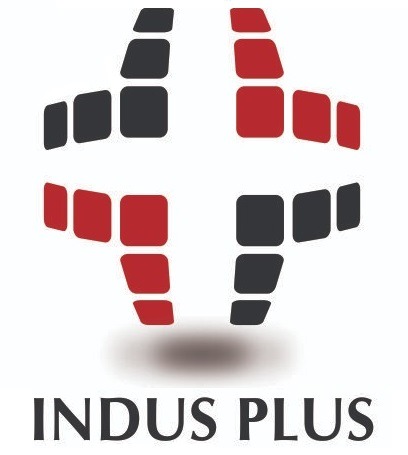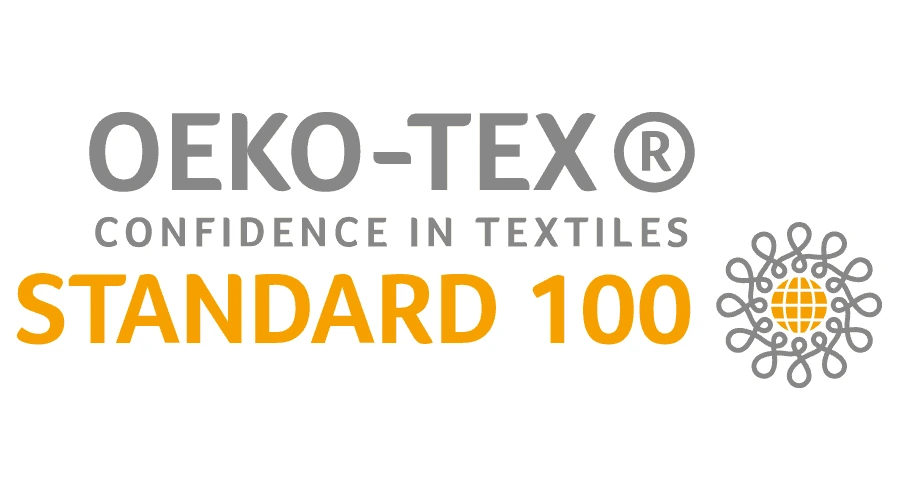SUSTAINABILITY
ROADMAP TO A HEALTHIER TOMORROW…
In today’s world, consumers are getting more involved in what’s inside their clothes. Are the ingredients sustainable? Do they add value and the performance benefits as per their desire? They are looking for more versatile garments that can be worn longer and in various conditions to reduce their purchase’s ecological impact.
Indus Plus is a future-oriented company that continues generating new ideas, and seek sustainable solutions on an ongoing basis. When we create products with minimal environmental impact, we can help our clients to participate in reducing the impact on our planet, and let consumers make a positive choice in the products that they purchase.
Our ultimate goal is to become a ZERO discharge facility with zero impact on the planet, we are on the track for this journey and challenge ourselves daily. We are operating on less liquor ratio (1:6) and have ensured that dryer waste steam is supplied to feed the boiler’s water to make our boiler more efficient. Some articles have been shifted to a stoneless enzyme with zero water usage in the process (Zero stone), and C zero chemistry in water repellents has been adopted. Currently, we are working on potassium permanganate (PP) spray replacement, ultimately going zero PP, and are also using antibacterial and water repellents to ensure that customers do not wash it frequently.
We understand and value our responsibility for the environment and our community – compliance is a fundamental component of the Indus Plus culture.
Sustainability Development Goals (SDGs) are closely interlinked with our mission, and we are using sustainable and performance blend fibers in the fabric we produce.
Post Industrial Waste (PIW)
We are using our specific brand to cut fabric waste into virgin fabric that adds value to fabric for sustainability.
Post-Consumer Recycle Cotton (PCRC)
PCRC Denim Fiber is the fiber generated from the recycling of Post-Consumer Denim garments. The garments are recycled to make fiber again instead of going into landfills. The PCRC fiber can be spun back to produce new garments.
Vegetable Dyes
Vegetable dyes are natural dyes derived from plants. These dyes are used in a variety of applications, such as food coloring, fabric dying, and even cosmetics. Vegetable dyes are known for their vibrant and unique colors, often taking on shades not achievable with synthetic dyes. The dyes are created from plant materials such as roots, leaves, bark, or flowers. Common sources of vegetable dyes include onion skins, turmeric, beets, and hibiscus. Vegetable dyes are also known to be less harsh on the environment, as they do not contain the same chemicals and additives found in synthetic dyes.
Recycled Fiber
Recycled fiber is made from post–consumer or post–industrial waste and is used to create products such as paper, insulation, and clothing. It is created through a process of breaking down materials into small fibers and spun into yarns. It is an environmentally friendly option that reduces waste and energy used to produce new materials.



